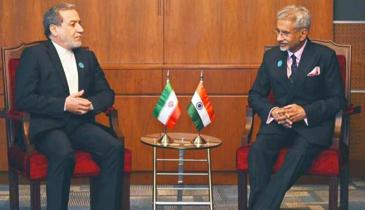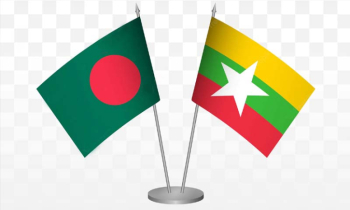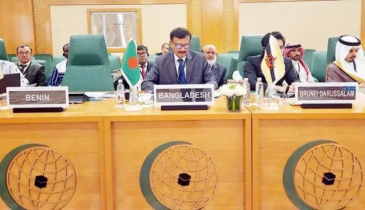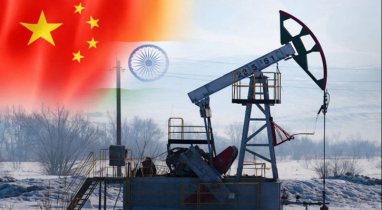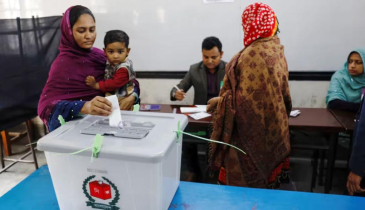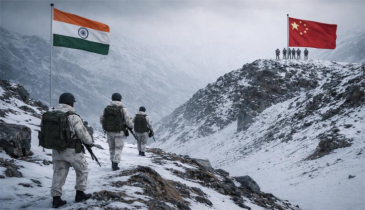Modi's struggle with geopolitical chess cost him historic UN session
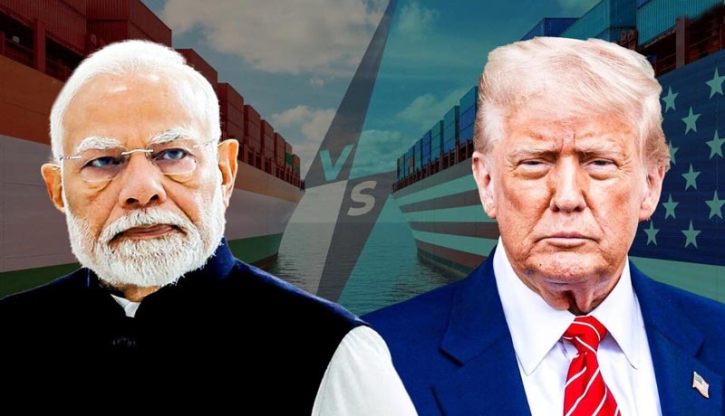
Indian Prime Minister Narendra Modi was originally slated to speak at the United Nations General Assembly’s landmark 80th anniversary session this year. His name remained on the roster until July, but when the time came it was External Affairs Minister S. Jaishankar who took the podium on India’s behalf.
S. Jaishankar struck a distinctly nationalist note, highlighting “self-reliance, self-protection, and self-confidence,” reciting the mantras in Sanskrit. He also insisted on using Bharat—the preferred term of Hindu nationalists—rather than “India,” underscoring the government’s domestic political priorities even in a global forum.
No official explanation was offered for Modi’s absence, but diplomatic circles point to a dramatic shift in Washington. US President Donald Trump, who in past years welcomed Modi warmly at the UN, has in recent months leaned noticeably closer to Pakistan. The sight of Pakistan’s prime minister and army chief appearing alongside Trump in friendly photo ops would have made an Indian prime ministerial visit politically awkward, if not untenable.
Modi had previously shown willingness to weather Trump’s barbs—whether over tariffs or trade spats—and New Delhi kept its dialogue with Washington open. Indian officials hoped the United States would view closer Indo-Chinese ties as a strategic risk worth avoiding. But that calculation may have been overly optimistic.
In Tianjin, at the Shanghai Cooperation Organization (SCO) summit, Modi went out of his way to signal a thaw with Beijing. His meeting with President Xi Jinping was warm, even effusive. He recalled their earlier discussions in Kazan as “very productive,” highlighting resumed pilgrimages to Kailash Mansarovar, the reopening of direct flights, and an agreement on border management following last year’s military disengagement. Modi cast the relationship in sweeping terms, saying cooperation between India and China served not just their 2.8 billion citizens, but “the welfare of all humanity.”
Still, he did not shy away from subtle pushback. Without naming China directly, Modi told the SCO gathering that connectivity projects must respect “sovereignty and territorial integrity”—a clear reference to the China–Pakistan Economic Corridor, which runs through disputed territory in the Karakoram region.
Alongside China, Modi also sought to reaffirm India’s old partnership with Moscow. “India and Russia have always stood shoulder-to-shoulder even in the most difficult situations,” he said, looking ahead to Vladimir Putin’s planned December visit to New Delhi. And in yet another signal of independence from Washington, Modi stressed India’s ongoing commitment to Iran’s Chabahar Port, a project eyed warily in the US.
Yet the geopolitical irony is striking. Pakistan, India’s fiercest rival, now finds itself cultivating strong ties not only with Washington but also with Beijing and Moscow—the very capitals Modi has been courting to offset pressure from the United States.
.png)



